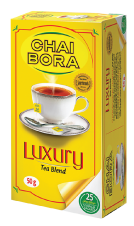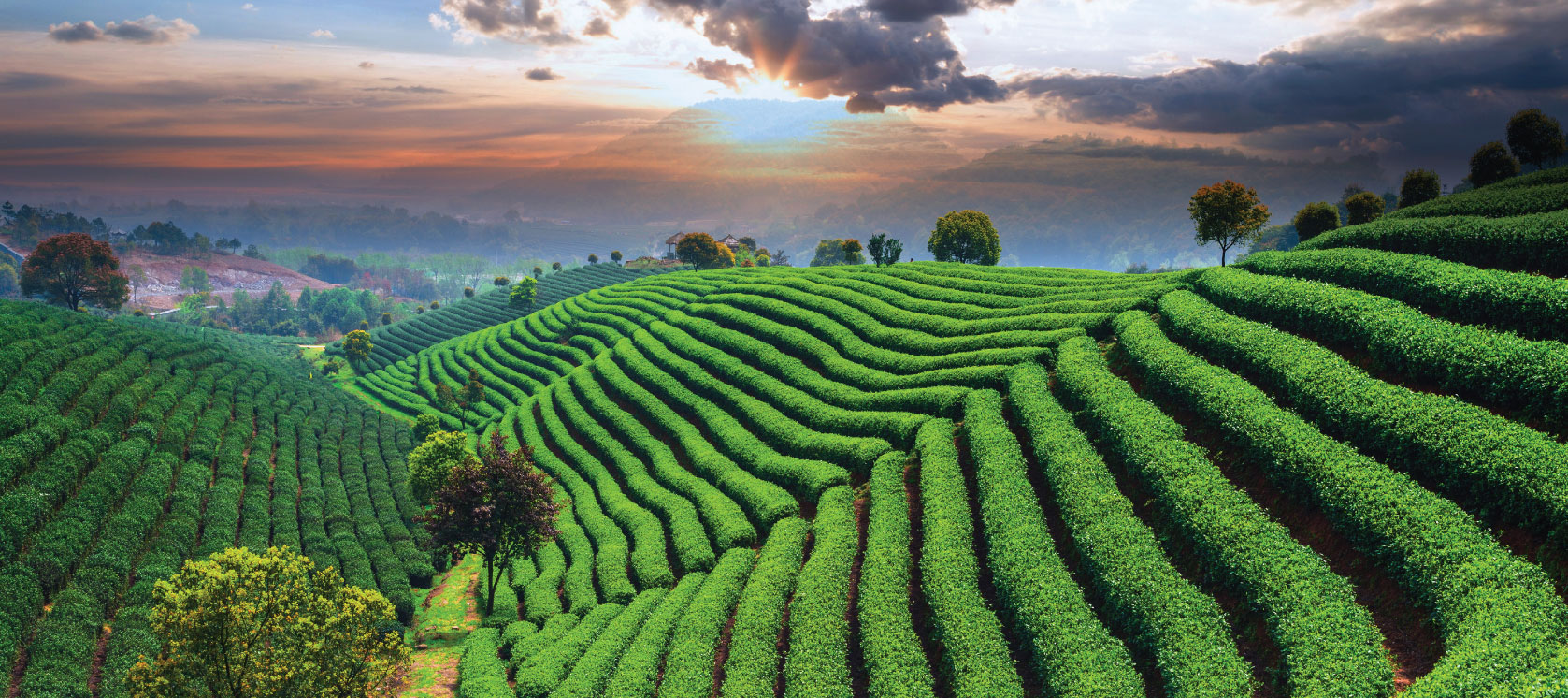Tea History
About Tanzania
Tanzania is a country on the east coast of Africa, bordering the Indian Ocean. Tanzania is one of the most important tea-producing countries in Africa, and also borders Kenya and Malawi, two other major African tea-growing countries. In 2008, Tanzania was the world’s 14th largest tea producer, producing about 0.73% of global production, and placing it 4th among African countries. Most of Tanzania’s tea is exported in bulk and sold for a low price; one major tea company in Tanzania that has distinguished itself for the quality of its product is Chai Bora.
Tanzania has a warm, tropical climate, with seasonal patterns of precipitation. Some of the country has a single wet and dry season, whereas other regions have two distinct rainy seasons.
Read more: http://www.ratetea.com/region/tanzania/72
Chai Bora ratings on RateTea.com: http://www.ratetea.com/brand/chai-bora/122
Tea History in Tanzania
Tea was introduced in Tanzania by German Settlers at the Agricultural Research Station at Amani, Tanga 1902. It was grown at Kyimbila in Rungwe District, Mbeya region in 1904. Commercial production began in 1926 and increased considerably after World War II, when the British took over tea plantations. By 1960 Tanzania’s tea production reached 3,700 tons of made tea.
Before independence, tea was produced in estates which were owned by foreigners and all tea related matters were handled by the then Tanganyika Tea Board. Smallholder tea farming began during the 1960s. In 1968, the government initiated a full-fledged smallholder tea development program whereby the Tea Ordinance Act (Cap 291) was amended and the Tanganyika Tea Board was replaced with Tanzania Tea Authority. All aspects of smallholder tea marketing and trade were turned over to Tanzania Tea Authority which assumed a wide array of responsibilities. In the process of restructuring the tea industry the government repealed the tea ordinance that established Tanzania Tea Authority (TTA) by Tea Act No. 3 of 1997 and formed the Tea Board of Tanzania (TBT) and the Tanzania Smallholders Tea Development Agency (TSHTDA).
About Black Tea
Black tea is tea that has been fully oxidized (sometimes referred to as being “fermented” although it is not a true fermentation process). Both the leaves and brewed tea tend to have a dark colour, although some black teas are golden or greenish in color. In Chinese, black tea is called hóngchá(紅茶), meaning red tea, although in English, red tea more often refers to rooibos, an herbal tea that is not made from the tea plant.
Black tea also tends to contain more tannin, chemicals giving the tea its characteristic dark colour. The tannins are actually a form of antioxidants, and are the chemicals that the catechins of green tea are transformed to when they undergo oxidation.
4 New Tea Clones in Tanzania
For the first time ever in Tanzanian history, the Tea Research Institute of Tanzania (TRIT) has managed to release four new clones for commercial production in the country. This follows a five years of collaborative work with the Tea Research Foundation of Kenya (TRFK) facilitated through an MoU between the two sister institutions which allowed for exchange of genetic materials for research purposes. As part of this MoU the two parties agreed to exchange developed technologies on tea crop resulting to exchange and subsequent field testing across the two countries of about 10 and 20 improved tea clones from TRIT and TRFK, respectively way back in 2005.
In January 2012 after intensive field assessment, four superior tea clones were officially recommended for commercial use. The clones include; TRFK 301/5, TRFK 303/178, TRFK 430/63 and TRFK 381/5. These clones were subjected to rigorous tests which are mandatory before a variety is registered in Tanzania and they were finally passed and released for commercial production in Tanzania.
TRIT is working on the modalities that will allow the commercialisation of these materials in consultation with various stakeholders including TRFK who are the original breeders of these materials. We hope that with availability of superior clones the Tanzanian tea industry will benefit in terms of quality improvement and also able to deal with the threat of climate change through the use of drought tolerant varieties.
References:
Tea Board of Tanzania: Tanzania Government regulatory body for the tea industry.
RateTea.com: Rate and review teas. The most comprehensive tea resource on the web.
Tea Research Institute of Tanzania: An autonomous tea research organisation representing the Government of Tanzania and the Tea industry.





